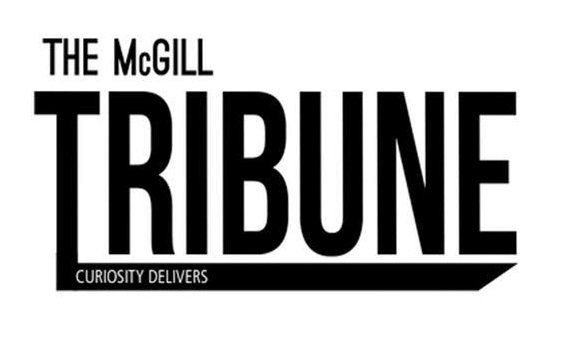The Student Refugee Program (SRP) at McGill is one that few students are aware of. The SRP funds refugees from around the world to come study in Canada. The McGill undergraduate student body currently helps fund two students per year through the program, with a Students’ Society of McGill University (SSMU) fee of 50 cents per student per semester. However, the financial stability of the program is at risk as the current fee is not sustainable to maintain SRP’s costs.
The SRP provides access to higher education for refugees with little to no educational alternatives. Even at a time when student fees face increasing scrutiny, a program that embodies the highest principles of the McGill community is well worth the investment. The SRP deserves the full support of the McGill student body, which is why it’s time to raise the fee.
Headed by the World University Service of Canada (WUSC), the SRP is the only program in the world that links refugee resettlement to education. Since refugees are prohibited from attending universities in their host country, the SRP is one of the few avenues through which young refugees can attend university. WUSC’s representatives on the ground select candidates for the program through a long and rigorous process of interviews. Those accepted into the program receive funding for their first year tuition and living costs. Once they arrive in Canada, they lose their refugee status and gain permanent residency, allowing them to apply for student loans at the end of their first year.
While in Canada access to higher education is widespread, for refugee students a university degree is incredibly difficult to obtain. U1 pharmacology student Robert Ishmwe is one of the two McGill students from the SRP. Robert was born in Rwanda one year before the 1994 genocide. He grew up as a refugee living in the Dzaleka camp in Malawi, where he was one of the lucky few to get a spot in the SRP. Many refugee students are motivated to attend high school just for the chance to apply to the program. Thousands of students apply for a handful of openings. The challenges that students like Robert face just to attend university underline the importance and profound impact of the Student Refugee Program.
Unfortunately, the SRP does not have sustainable funding. Currently, WUSC McGill draws on funds accumulated in the 1990s before the program was actively supporting refugee students, funds that are quickly running out. WUSC McGill has been working closely with the WUSC head office and McGill’s financial office, and explored all possible solutions to its funding problems. The club has determined that the only way to ensure the sustainability of the program is through the student fee.
The current 50-cent fee is no longer enough. Based on current levels of funding, WUSC McGill projects that within the next five years it will be forced to cut down the program to a single student. According to Sujaya Neupane, a club executive, the club needs the fee to be raised to at least cents 75 cents to be able to continue funding two students. However, the club faces a dilemma—the group can either choose to risk its revenue by putting the fee up for a referendum, or cut down its coverage to a single student. For an institution that prides itself on its international reputation, the McGill community should have a more robust commitment to a program that personifies its core values. The community needs to match its principles with action, by contributing more to WUSC McGill and strengthening the SRP program.
Other Canadian universities are already setting the example. Mount Allison University’s student fee is 8$ with a student population of only 2,400. McGill has over 30, 000 students. University of Toronto, a similarly sized university, sponsored eight students last year. McGill can and should stand shoulder to shoulder these other universities. If the fee were raised to 5$, it could fund 10-11 refugee students through their first year.
Higher education is a right that should be made available to everyone. Raising the fee isn’t about charity or goodwill, it’s about access to education. The SRP reminds students of the extremely difficult challenges that refugees around the world face just to gain access to higher education, and the McGill community should do what it can to mitigate those challenges.








